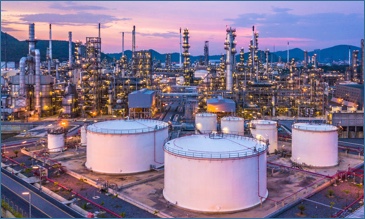Oil Hub
Select the area you would like to learn more about.
features and benefits
Without the lubrication and protection supplied by oil, engines would, quite literally, grind to a halt. So let’s take a closer look at engine oil.
 Oil protects engines from corrosion
Oil protects engines from corrosion
Acidic corrosion occurs when leftover contaminants from the engine's combustion process react with the metal parts. Oil forms a protective layer, reducing contact with these acidic residues. Engine oil also contains anti-oxidant additives that work on neutralising harmful acidic compounds.
 Oil reduces metal-to-metal abrasion
Oil reduces metal-to-metal abrasion
Speed, heavy loads and high temperatures can all lead to abrasion. Without the lubrication that oil provides, the moving components would overheat, causing the engine to seize up.
Tiny particles of dirt and soot that find their way into an engine can cause abrasion issues. Oil is specifically designed to catch such particles and hold them in suspension. These particles are then removed via the oil filter.
 Oil reduces friction
Oil reduces friction
Friction is a problem because it reduces engine efficiency and increases fuel consumption and emissions. By reducing friction, oil also reduces excessive heat and engine wear. Oil reduces heat in two ways:
- It reduces friction between moving components
- Heat is transferred from the engine parts to the oil
 Oil ensures a precise fit between pistons /cylinders
Oil ensures a precise fit between pistons /cylinders
Oil ensures a seal for the gap that's required to allow free movement between pistons and cylinders. Without oil there would be a definite reduction in engine performance.
 Oil reduces engine noise
Oil reduces engine noise
The thickness of the oil (viscosity) has an effect on reducing engine noise. However, it's important to always use the recommended grade of oil to achieve the best compromise between engine performance and engine noise.





